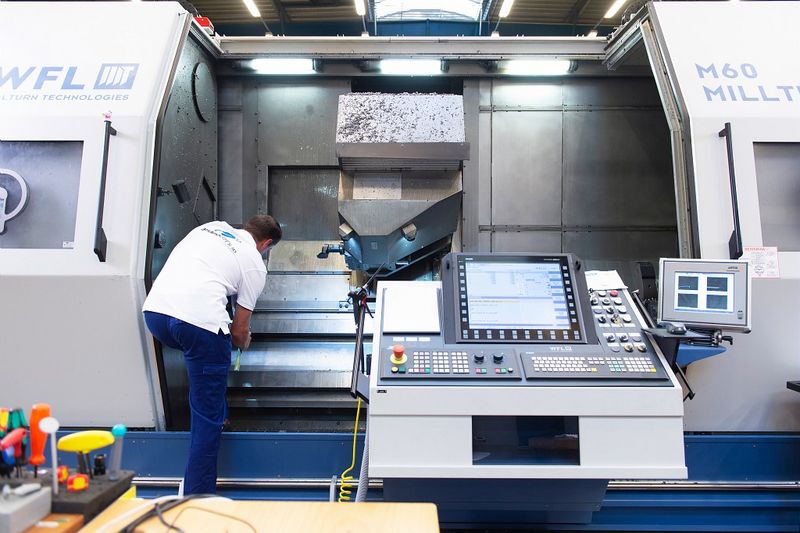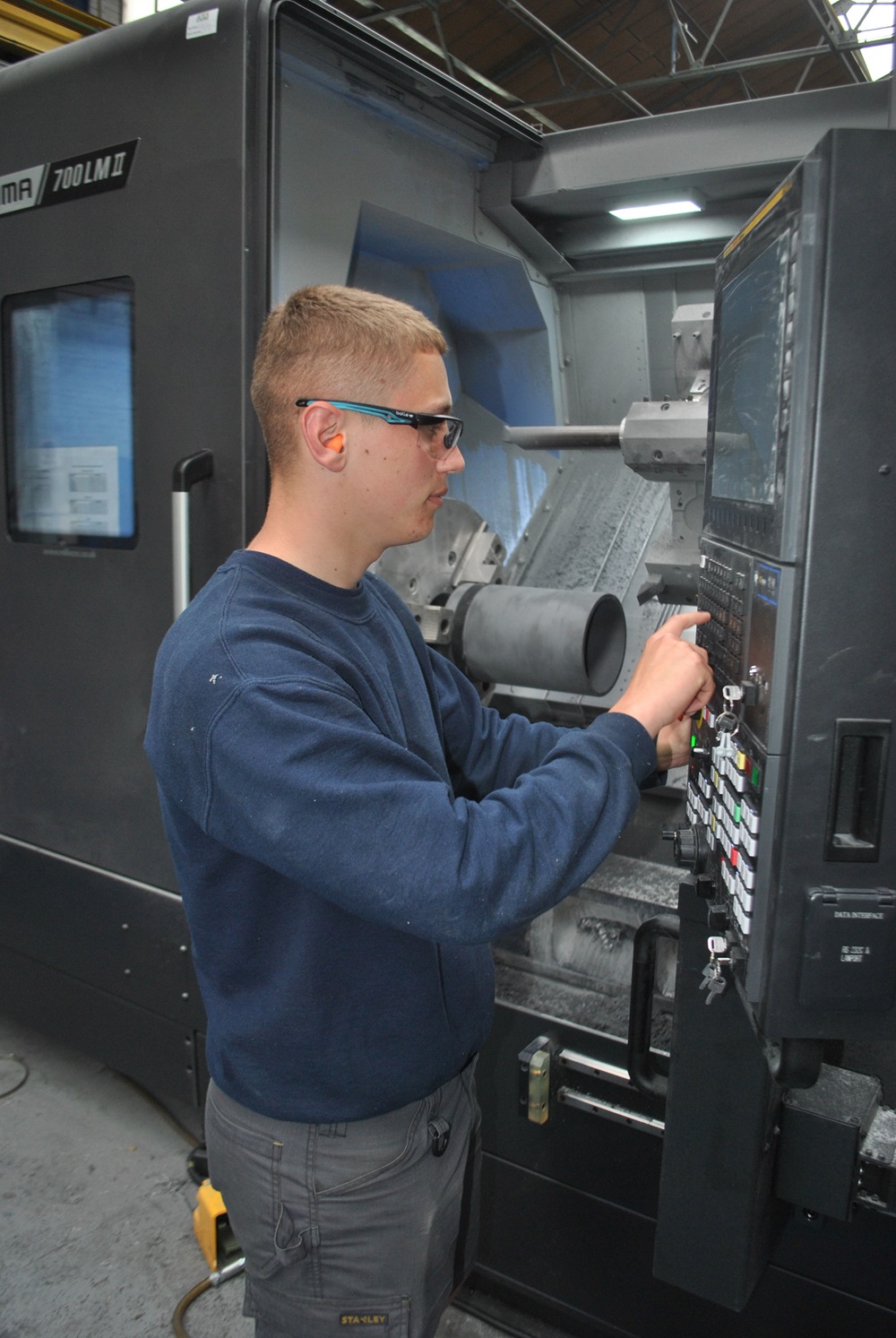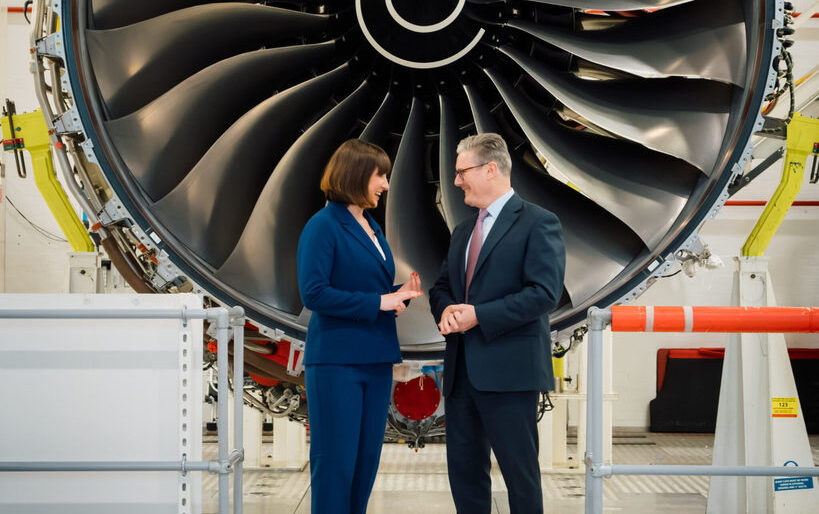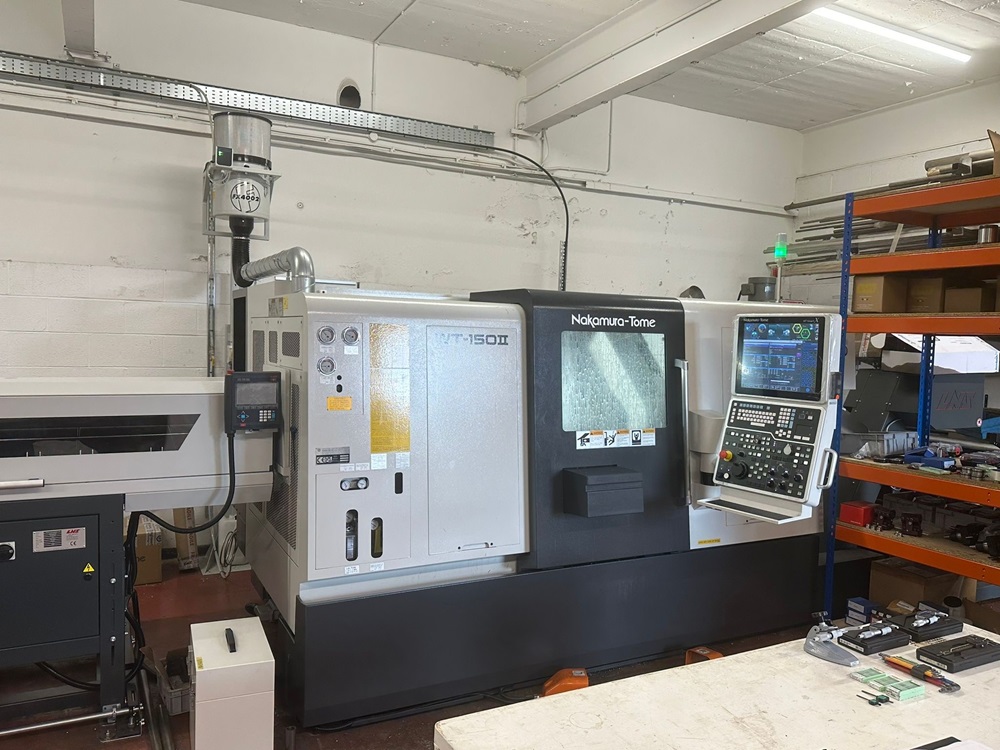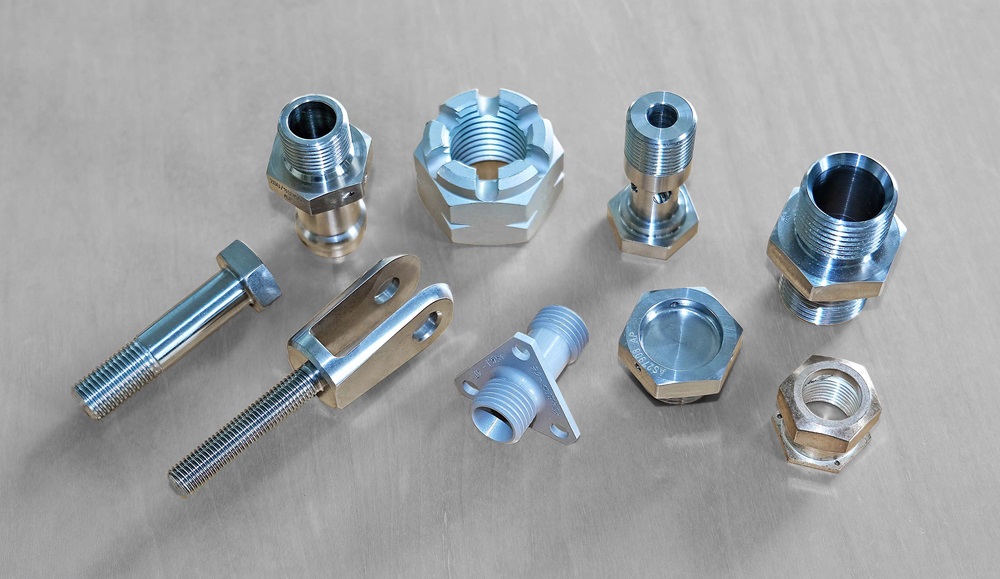The ArianeGroup site in Vernon, France, designs, develops, manufactures and tests liquid hydrogen propulsion systems. Much of its activity revolves around propulsion for launch vehicles. The site encompasses three test benches for cryotechnic thrusters and component testing benches. In total, six WFL machines are present on the site: four M60 MillTurn and two M35 MillTurn models, all for machining rotating engine parts.
“Machines from WFL are particularly crucial as we use them to manufacture high-value parts,” states Dominique Delor, head of industrial maintenance at ArianeGroup. “We primarily require precision and good rigidity in our machines because we process hard materials that will undergo significant stress during use. Furthermore, process standardisation is part of our business strategy.”
In production, this entails working with the same machines and the same numerical control.
For Delor, this is undeniable: “It saves us time and allows all our operators to work on these machines. Our satisfaction has increased as we gained experience with machines from WFL. We have realised that they are good, sturdy and reliable machine tools. Therefore, if we were to need a new machine, we would undoubtedly opt for a MillTurn. Our colleagues in Ottobrunn, Germany, are also convinced by MillTurn machines. After visiting our production site in Vernon and the subsequent purchase of an M80, they were able to significantly reduce their production time.”
He adds: “For 20 years we’ve maintained excellent relationships with WFL. For us, in a new project, it’s always important to have assurance of functioning production. And that’s the case with WFL. Their service doesn’t stop at simply selling a machine. Implementation is also impeccable. By purchasing a WFL machine, we know everything will go smoothly.”
More information www.wfl.at/en






